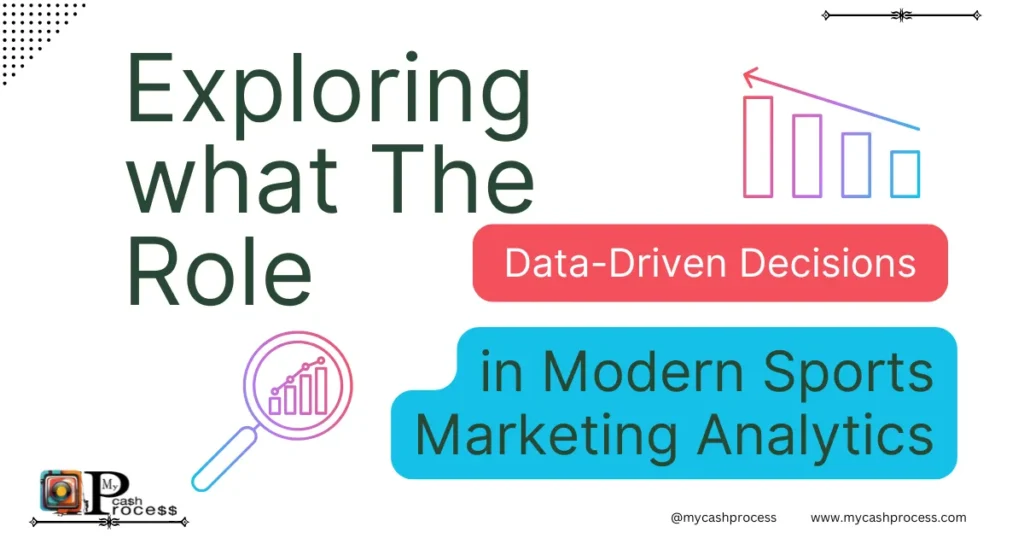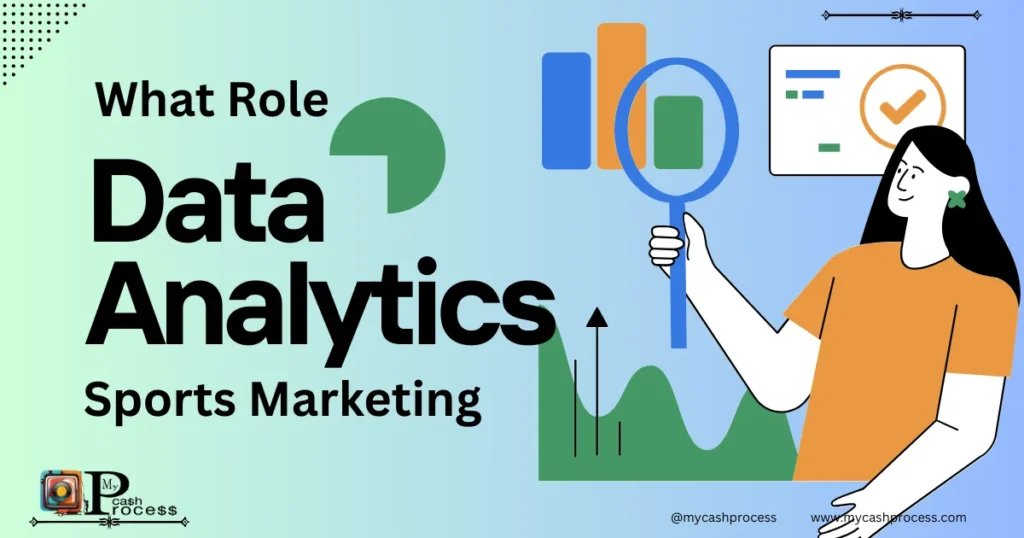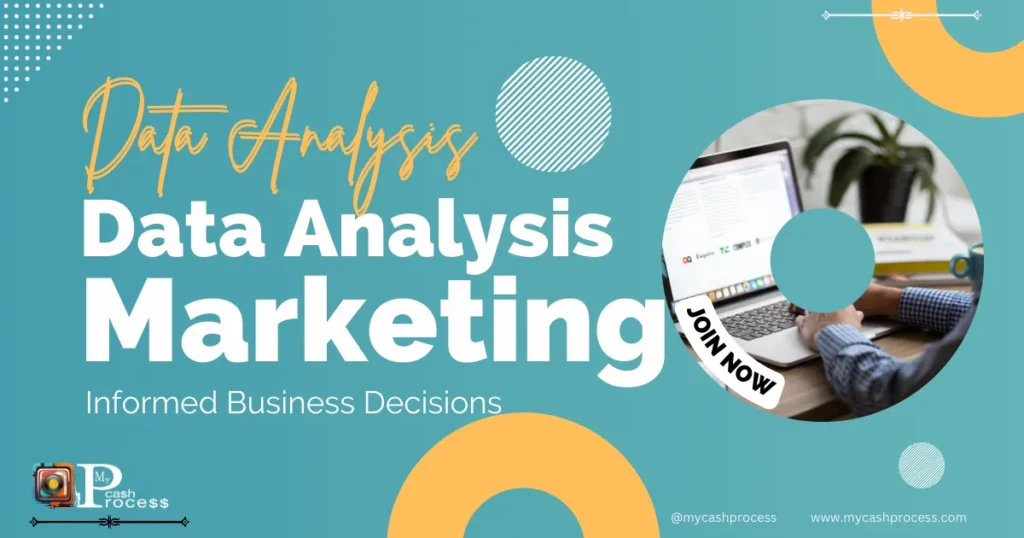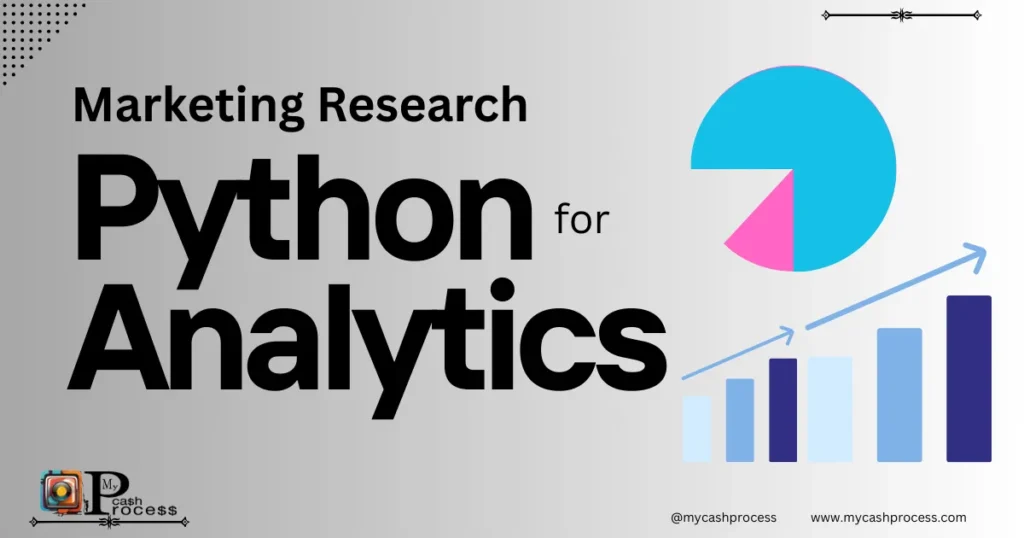Introduction to What Role Do Data Analytics Play in Modern Sports Marketing
In the rapidly evolving world of sports, understanding what Role do Data Analytics play in modern sports marketing has become essential for organizations aiming to stay competitive. As the sports industry expands globally, leveraging analytics not only enhances fan engagement but also drives strategic decision-making across various domains. By combining innovative tools like PDF Python for marketing research and Analytics and analyzing metrics such as Realpage market Analytics cost, marketers can unlock new growth opportunities.
This article dives into the intricate relationship between Marketing and Analytics, offering insights into how Marketing Data Analysis transforms strategies. From personalized campaigns to cost optimization, the integration of data analytics has redefined success in modern sports marketing.
Quick Access Guide
Understanding Data Analytics in Sports Marketing
Definition and Scope of Marketing and Analytics in the Sports Industry
The term Marketing and Analytics refers to the systematic use of data to evaluate and enhance marketing strategies. In sports, this involves analyzing fan preferences, market trends, and campaign performance to create data-driven solutions. Teams, brands, and sponsors rely on Marketing Data Analysis to identify patterns that influence consumer behavior.
Benefits of Leveraging Data-Driven Insights
- Improved Fan Engagement: Utilizing tools like PDF Python for marketing research and Analytics helps marketers curate personalized experiences for fans.
- Enhanced Revenue Streams: Insights from ticket sales and merchandise analytics support better financial planning.
- Strategic Decision-Making: Data empowers sports marketers to identify key opportunities and mitigate risks.
Key Metrics Used in Modern Sports Marketing
Metrics to Track Fan Engagement and Satisfaction
Sports organizations monitor various metrics, such as:
- Social Media Engagement: Evaluating likes, shares, and comments provides insights into fan sentiment.
- In-Stadium Experience: Surveys and feedback forms measure fan satisfaction during events.
Revenue-Related Metrics to Analyze Ticket Sales and Merchandise
By analyzing Realpage market Analytics cost, marketers can optimize pricing strategies for tickets and merchandise. These metrics include:
- Average Revenue per Fan (ARF): Indicates the profitability of individual fans.
- Ticket Conversion Rates: Tracks the effectiveness of marketing campaigns.
Tools for Data Analytics in Sports Marketing
Popular Tools Like PDF Python for Marketing Research and Analytics
Data analytics tools such as PDF Python for marketing research and Analytics provide advanced capabilities to process and visualize data. Key features include:
- Automated report generation.
- Integration with social media and CRM platforms.
Emerging Trends in Software Solutions for Sports Marketing
New tools focusing on AI and machine learning are reshaping how Marketing and Analytics operate. Platforms offering real-time insights and predictive analytics are becoming indispensable.
The Impact of Data Analytics on Fan Engagement
Strategies for Personalized Marketing Through Data Insights
Data analytics enables targeted marketing, ensuring fans receive content tailored to their preferences. Examples include:
- Email Campaigns: Personalized newsletters featuring exclusive content.
- Dynamic Content: Real-time updates based on match performance.
How Analytics Foster Deeper Connections with Fans
By understanding what Role do Data Analytics play in modern sports marketing, organizations build trust and loyalty. Engaging fans through meaningful interactions results in long-term relationships.
Data Analytics and Athlete Performance Marketing
Tracking and Promoting Athlete Performance
Athlete marketing is driven by performance metrics, such as:
- Game statistics and injury history.
- Social media presence and endorsement potential.
Case Studies Showcasing Successful Campaigns
Brands like Nike have effectively utilized Marketing and Analytics to align athletes with their brand values, ensuring successful campaigns.
Cost Analysis in Sports Marketing Analytics
The Role of Data Analytics in Determining the Realpage Market Analytics Cost
Understanding the Realpage market Analytics cost helps organizations allocate budgets wisely. Key considerations include:
- Technology and software investments.
- Resource allocation for analytics teams.
Budget Optimization Through Effective Data Analysis
Organizations achieve cost-efficiency by:
- Reducing ineffective campaigns.
- Streamlining marketing operations based on analytics.
Overcoming Challenges in Sports Marketing Data Analysis
Data Collection and Quality Issues
One of the main challenges in using Marketing Data Analysis lies in the collection and maintenance of high-quality data. Factors affecting data quality include:
- Inconsistent data inputs across platforms.
- Limited integration between data sources, leading to fragmentation.
To mitigate these issues, tools like PDF Python for marketing research and Analytics streamline the collection process, ensuring reliability.
Privacy Concerns in Using Fan Data
With the growing use of analytics, safeguarding fan data is critical. Key challenges include:
- Compliance with privacy regulations like GDPR.
- Balancing personalization with data ethics.
Implementing secure systems and educating teams about privacy laws ensures ethical use of analytics.
Case Studies: Success Stories of Analytics in Sports Marketing
Real-World Examples of Brands Excelling with Analytics
- Manchester United’s Digital Transformation: By integrating Marketing and Analytics, the club improved fan engagement through targeted campaigns based on real-time match data.
- NBA’s Data-Driven Strategy: The NBA leverages predictive analytics to customize content for its global audience.
Lessons Learned from Top-Performing Campaigns
- Aligning campaigns with fan preferences enhances ROI.
- Investing in tools like PDF Python for marketing research and Analytics offers a competitive edge.
Future Trends in Sports Marketing Analytics
Predictive Analytics and AI Applications
The integration of AI into Marketing and Analytics is transforming decision-making in sports. Emerging trends include:
- Real-time prediction of game attendance and ticket sales.
- Enhanced fan segmentation through machine learning models.
Role of Marketing Data Analysis in Shaping Future Strategies
As Marketing Data Analysis continues to evolve, sports organizations must:
- Adapt to technological advancements to stay relevant.
- Utilize insights from Realpage market Analytics cost to optimize budgets.

The Role of Behavioral Analytics in Sports Marketing
Behavioral analytics is revolutionizing the way sports marketing strategies are developed. By analyzing patterns in fan behavior, organizations can create highly personalized campaigns that drive engagement and revenue.
Understanding Fan Behavior Through Data
Behavioral analytics collects and interprets data from various touchpoints, including ticket purchases, merchandise sales, and online engagement. Key areas include:
- Purchase Trends: Insights into when fans are most likely to buy tickets or merchandise can optimize the timing of marketing efforts. For example, promotions launched during playoff seasons often see higher success rates.
- Content Preferences: Monitoring interactions with content, such as live streams or behind-the-scenes videos, reveals what resonates most with the audience.
- Venue Interaction: Data from in-stadium purchases or mobile app usage can guide improvements in fan experiences during live events.
Benefits of Behavioral Analytics in Campaign Design
Behavioral insights allow sports marketers to go beyond demographics and focus on real-time fan behavior. Some advantages include:
- Enhanced Targeting: Tailoring promotions to fan preferences increases conversion rates. For instance, offering discounts on merchandise immediately after a team’s victory can capitalize on heightened enthusiasm.
- Predictive Power: Behavioral patterns help anticipate future actions, such as likely attendees for a game or potential subscribers to streaming services.
- Loyalty Programs: By understanding fan behavior, organizations can design loyalty programs that reward frequent engagement, encouraging long-term brand affinity.
The Intersection of Social Media and Sports Analytics
Social media platforms have become a treasure trove of data for sports marketers, offering real-time insights into fan sentiment and engagement. Integrating social media metrics with other analytics tools allows for a more comprehensive understanding of the audience.
Leveraging Social Media Metrics
Social media analytics provides unparalleled access to fan opinions and behaviors. Key metrics include:
- Engagement Rates: Likes, shares, comments, and retweets on posts related to teams or athletes.
- Hashtag Trends: Tracking the usage of specific hashtags during games or promotional campaigns to measure reach and virality.
- Influencer Impact: Identifying key influencers in the sports community and analyzing their role in driving fan conversations.
Integrating Social Media Data with Broader Analytics
Combining social media insights with data from other sources enhances strategic decision-making:
- Audience Segmentation: Social media analytics can identify different fan personas, such as casual viewers versus die-hard supporters, enabling more tailored marketing approaches.
- Real-Time Campaign Adjustments: Social platforms provide instant feedback on marketing efforts, allowing teams to pivot strategies as needed.
- Sentiment Analysis: Tools that analyze the tone of fan posts help gauge public reaction to sponsorship deals, game outcomes, or athlete behavior.
Case Example: Social Media Success Story
During the FIFA World Cup, several brands utilized social media analytics to track hashtag trends and engagement spikes during games. This data informed real-time ad placements and interactive campaigns, leading to increased visibility and ROI.
Ethical Challenges in AI-Powered Marketing
While AI-driven analytics offers significant advantages, it also introduces ethical dilemmas that sports marketers must navigate carefully. Issues of privacy, transparency, and bias require attention to maintain trust with fans.
Balancing Personalization and Privacy
AI-powered tools can analyze vast amounts of fan data, but using this data responsibly is crucial:
- Data Collection Limits: Organizations must define what data is necessary to collect. Overstepping boundaries, such as tracking sensitive personal details, risks damaging public trust.
- Consent and Transparency: Fans should be informed about how their data will be used and have the option to opt out of specific tracking mechanisms.
- Security Protocols: Ensuring robust cybersecurity measures protects fan data from breaches and unauthorized access.
Transparency and Trust in AI-Driven Strategies
To maintain ethical standards, organizations should:
- Communicate AI Use: Clearly explain when and how AI tools are used in marketing campaigns. This includes disclosing whether promotions are personalized based on user data.
- Avoid Bias: AI systems trained on biased data sets can perpetuate stereotypes or exclude certain fan demographics. Regular audits of AI algorithms help mitigate this risk.
- Establish Guidelines: Create ethical frameworks to govern AI applications, emphasizing fairness and inclusivity in marketing strategies.
Future Considerations for Ethical AI in Sports Marketing
- Regulation Compliance: Adhering to global data protection laws, such as GDPR, ensures ethical use of fan data.
- Fan Feedback Loops: Incorporating feedback mechanisms allows fans to voice concerns about data usage and AI applications.
Conclusion
Warning
Risks of Over-Reliance on Data Without Actionable Insights
- Overdependence on analytics can lead to decision paralysis.
- Misinterpreted data may result in ineffective campaigns.
Ethical Considerations in Handling Sensitive Data
- Ensure compliance with privacy regulations to avoid legal repercussions.
- Protect fan trust by adopting transparent data usage practices.
Follow us on Pinterest, Twitter X, Facebook, Instagram, Quora, TikTok, Discord, YouTube, and WhatsApp Channel.
Advice
Continuously Invest in Data Analytics Tools
- Leverage advanced tools like PDF Python for marketing research and Analytics to stay ahead in the industry.
- Regularly train teams to use data analytics platforms effectively.
Leverage Insights from Realpage Market Analytics Cost
- Conduct periodic cost analyses to optimize resource allocation.
- Use budget insights to drive more impactful campaigns.
FAQs
How can data analytics help improve fan engagement?
By analyzing fan behavior, preferences, and feedback, organizations can create personalized experiences, such as tailored promotions or exclusive content.
What tools are best for analyzing marketing data in sports?
Tools like PDF Python for marketing research and Analytics and platforms offering AI-powered insights are highly effective for sports marketing analytics.
What are common challenges in using marketing data analysis?
Issues such as data quality, privacy concerns, and integrating diverse data sources are prevalent challenges.




